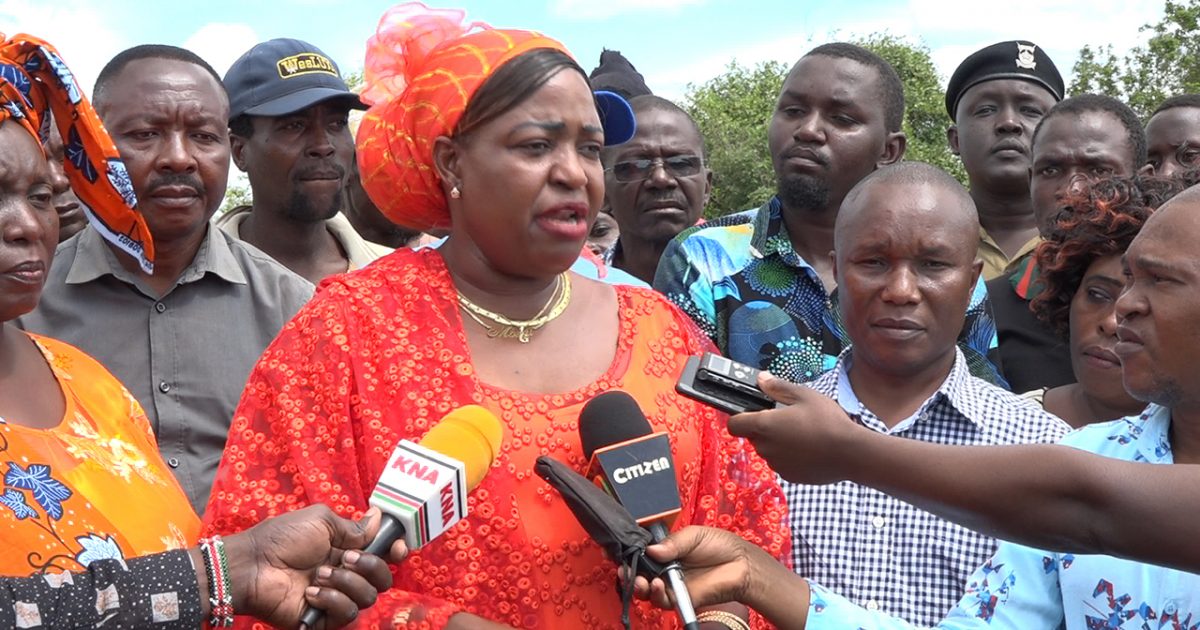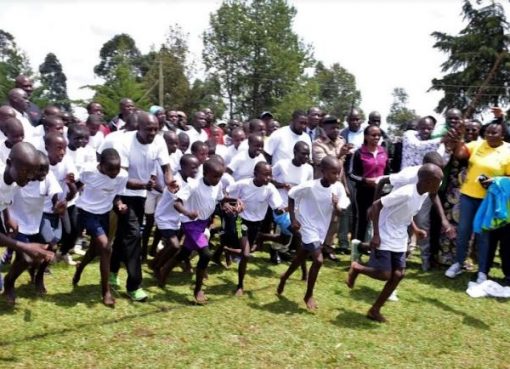The National Government Constituency Development Fund (NG-CDF) has embarked on the construction of girls’ secondary schools in Ganze constituency to bridge the education gap between boys and girls.
At the weekend, the Ganze NG-CDF board launched the construction of the first ever girls’ secondary school in Kauma Sub County and the Bahero Girls Secondary School in Ganze Ward, bringing the number of girls secondary schools in the constituency to five.
The board also launched the construction of an administration block at the Bamba Girls Secondary School in Bamba Ward, which was also constructed through funding from the NG-CDF in the 2018/2019 financial year.
The aim, according to local leaders, is to give girls an opportunity to access education and reduce the menace of teenage pregnancies largely blamed on the distance girls have to cover to access education.
Kilifi County Women Representative Gertrude Mbeyu, who witnessed the ground breaking ceremony for the construction of the proposed Kauma Girls Secondary School in Mdangarani area, commended the fund for its efforts to increase girls’ access to education in the sub county.
She said the school would enable more girls in the area to access education.
Her sentiments were echoed by Kauma Sub County Director of Education Haro Deche Mwatsuma, who said the area still needed more schools as there are only five schools in the area and the new school would be the sixth.
Mr. Mwambire thanked the community in Mdangarani for donating land for the construction of the Kauma Girls Secondary School, which he said would be a boarding school in the future.
Mr. Mwambire, who is the patron of the NG-CDF fund in the constituency, said plans were underway to increase the number of mixed secondary schools in order to take education closer to the people.
Kauma Deputy County Commissioner Kigen Cepha said the sub county was in dire need of more secondary schools.
Residents who talked to journalists expressed their gratitude for the construction of secondary schools in the area saying their children would easily access education and thus improve the standards of living of the affected areas.
By Emmanuel Masha





